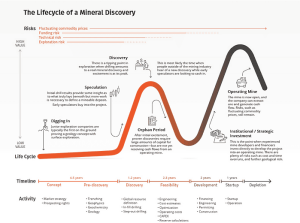A home equity loan can be a valuable way to access some of the funds tied up in the value of your home without having to sell it. Some homeowners choose a home equity loan to finance an expense such as completing a renovation or making another upgrade that will enhance their home’s worth.
You receive funds from a home equity loan in one lump sum and then pay it back over a set number of years with interest at a fixed rate. If you have an opportunity to get a better deal — for example, if you’ve elevated your credit score or if rates have dropped — you could refinance your home equity loan.
Why you may want to refinance
There are several potential benefits to refinancing a home equity loan. For instance, you can lower your monthly payments by pursuing a lower interest rate or changing the loan term to give you more time to pay it off.
You can also choose to reduce your loan term, making higher payments for a shorter amount of time. This means you’ll make fewer interest payments in the long run.
If you found that your original home equity loan wasn’t enough to finance your goals, refinancing may also allow you to pull more money out of your equity.
As with any refinance, refinancing a home equity loan comes with costs and fees. If you’re planning on refinancing to save money, you’ll want to budget for these charges and make sure the savings are enough to offset your expenses.
What you’ll need before refinancing
Before you pursue a new home equity loan, you should consider your needs as a borrower, take a look at your current financial situation and prepare for the application process:
-
Meet the minimum financial requirements. Homeowners with a credit score of at least 620 will have an easier time getting approved, though a 720 or higher will likely result in the best interest rate offers. You can also anticipate a minimum equity requirement (usually 20% or more), and lenders will want your debt-to-income ratio (how much you owe vs. how much you earn) to be at least 43% or lower.
-
Know your reasons for wanting to refinance. This can affect how you go about refinancing. For example, if you also want to refinance your primary mortgage, you may decide to go with a cash-out refinance so you can apply the proceeds toward both loans. If you’re looking to get a lower interest rate, then it will be even more critical to get your credit score up as much as you can beforehand. If you want to take out more cash, you’ll want to crunch the numbers and determine exactly how much you need.
-
Gather your documentation. You’ll want to have your relevant records on hand for the application process. This includes copies of your IDs, pay stubs, W-2s, tax returns, mortgage billing statements and insurance paperwork.
Finding a lender
You should shop around for the best rate for a new home equity loan to replace your existing loan. While you can go with the lender that originated your first home equity loan, comparing multiple lenders will give you a fuller picture of what your options are.
This post was originally published on Nerd Wallet







